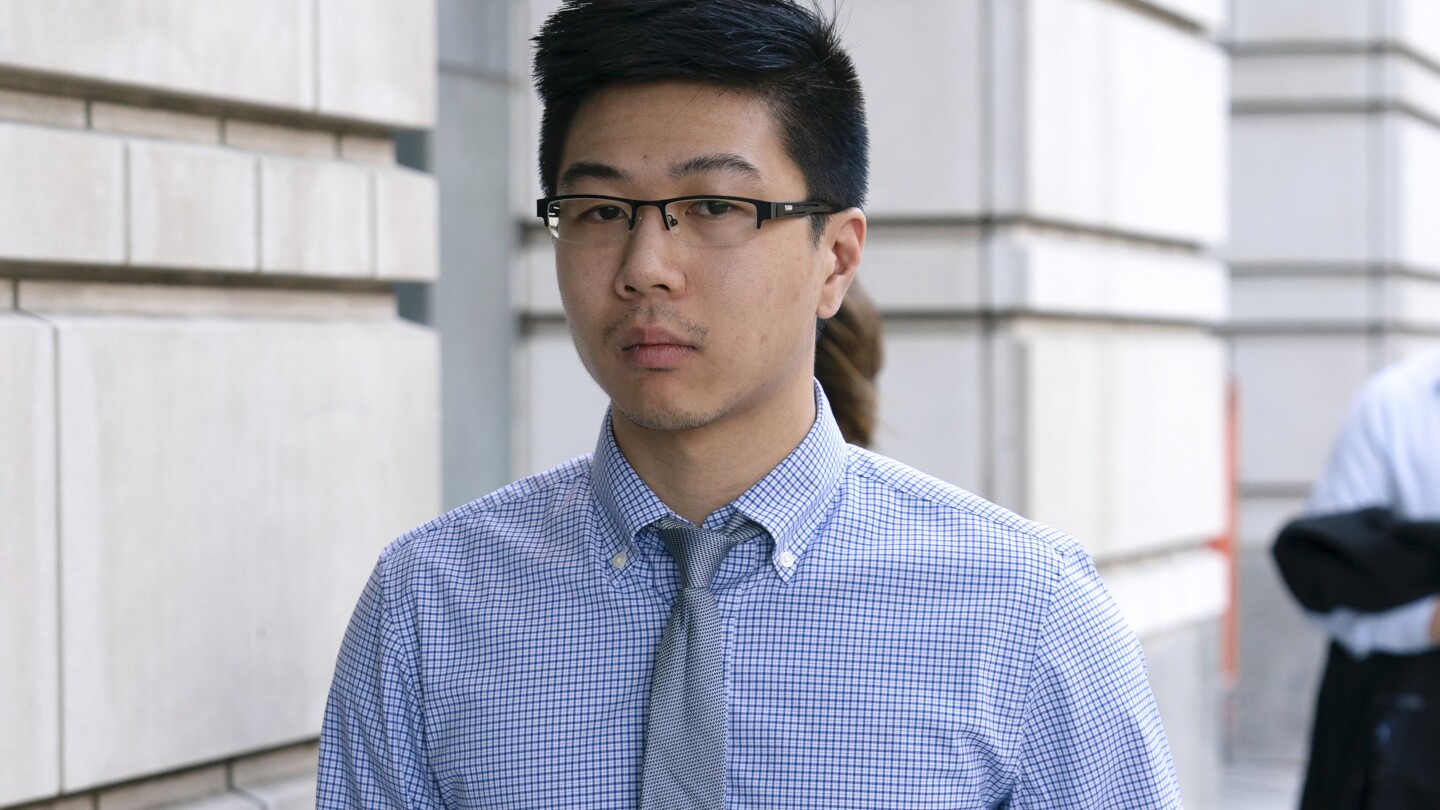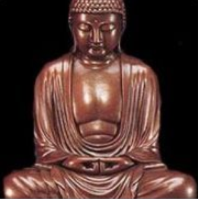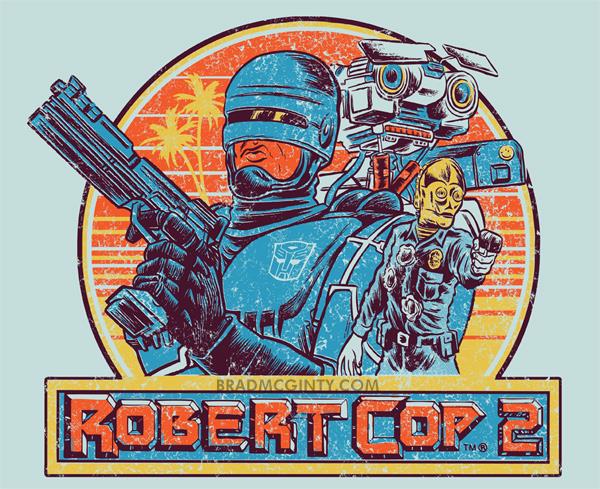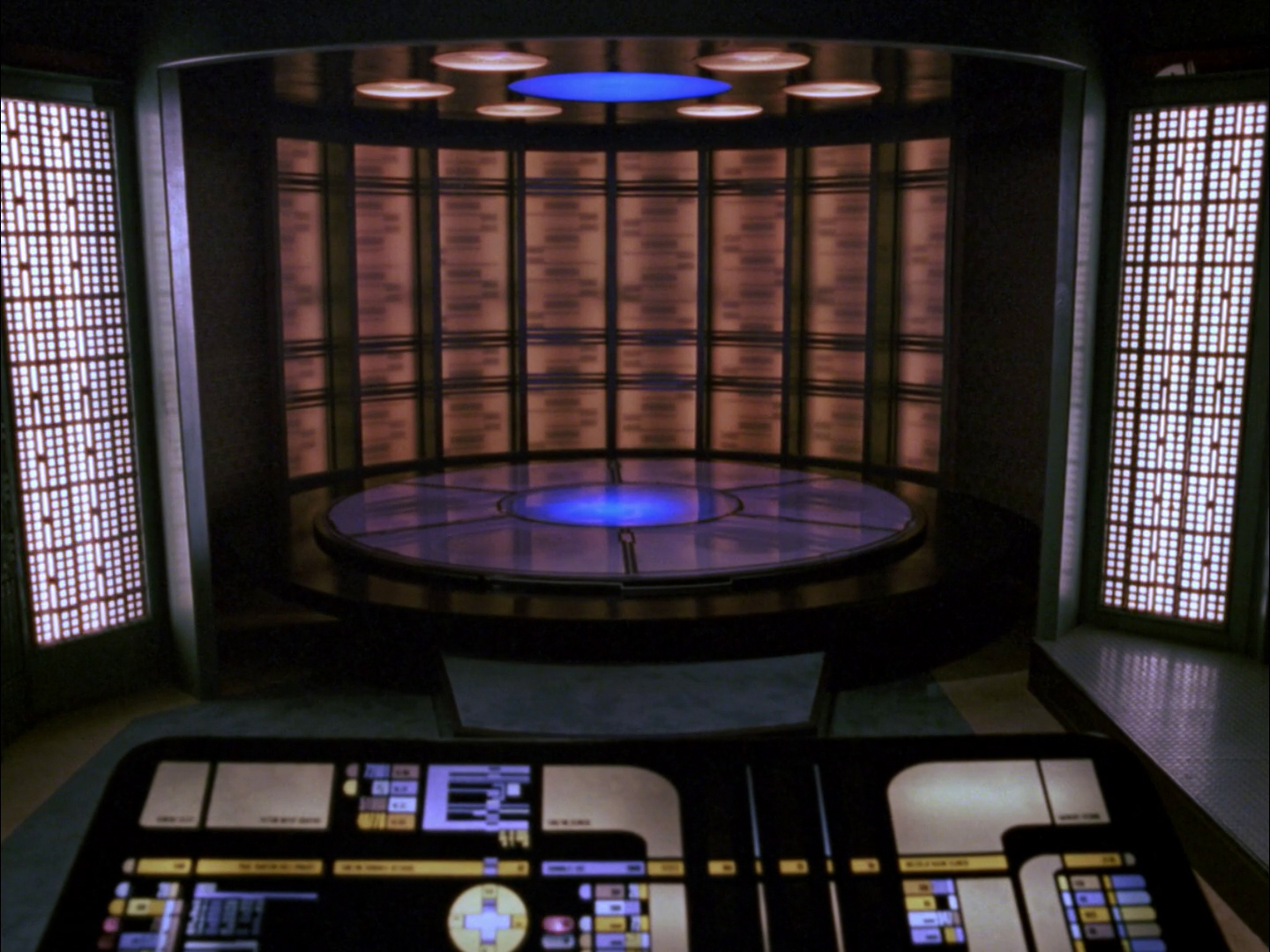A Maryland police officer was convicted on Friday of charges that he joined a mob’s Jan. 6, 2021, attack on the U.S. Capitol and hurled a smoke bomb and other objects at police officers guarding a tunnel entrance.
U.S. District Judge Trevor McFadden heard two days of trial testimony without a jury this week before he found Montgomery County Police Officer Justin Lee guilty of two felonies and three misdemeanors. The judge, who also acquitted Lee of two other misdemeanors, is scheduled to sentence him on Nov. 22.
Lee, 26, ignited and threw a smoke bomb into the tunnel entrance on the Capitol’s Lower West Terrace, where a mob of rioters attacked a group of outnumbered police officers. The device struck a police officer’s riot shield and filled the mouth of the tunnel with a large plume of smoke, prosecutors said.
I hear they still haven’t caught the guy who started the whole thing.
The commander in chief, you say?
No, that would be impossible. He took a picture with a bible
ACAB. Some get convicted.
I think ACAB is too simplistic. Lack of accountability attracts and nurtures evil, certainly. But the opportunity to be evil isn’t the only reason people become cops, and there’s certainly a long difference between the cop who’s just keeping their head down in a corrupt system and the one who’s relishing and thriving in it. If reform is to ever succeed, it will have to be by society supporting the cops who actually believe in just and honest policing, and mustering the political support to throw out/lock up the bad ones. Otherwise who’s going to do the locking up, a street mob?
Once police throwing out/locking up the bad ones starts to become the norm, instead of circling the wagons and covering up each others’ crimes, we’ll start to see that distinction. In our universe in the present, however, the police, their unions, the prosecutors, and the judges all act almost in lockstep to prevent police from ever being accountable for any of their actions in almost all situations. Thus ACAB.
ACAB is short for “I hate it and I’m doing nothing about it.” Nothing positive or reformative, anyway. It’s the dismissal of a toddler. When the worst offenders have risen to the top, change can only come from outside political authorities removing them and uplifting those who’ve been shunted into powerless positions because they won’t participate. And getting robust actors into those political positions that can institute change is the job of the electorate.
(I mean staunch reformists, not Hugh Jackman, although he’s welcome to run for Mayor!)
Fuck that. Power-tripping bullys are the only people I’ve known that wanted to be cops.
TF kinda “real” cop keeps their head down in a corrupt system?
Maybe they didn’t know that’s the system they were signing up for, cause they’re fuckin dumb… like a cop…
It is simplistic, but until cops start policing themselves, they can cope. Keeping your head down in a corrupt system only reinforces it. Citizens can’t tell from a distance the difference between a good cop and a bad cop.
What is the meaning behind all cops are bastards, really?
-
Are we utilizing an identical equivalent to racial stereotypes?
-
Were the Capitol Police who defended against these insurrectionists bastards? For example, Eugene Goodman who routed the mob away?
-
If anything, wouldn’t this almost invoke a self-fulfilling prophecy?
-
Are all cops bastards, or are only certain police cultures bastards? For example I’ve seen comparative documentaries of cops in other countries from Norway to Canada and not all cops are of the same quality.
So as much as it feels that way sometimes, not all cops are bastards. But if you give cops shit wage and shit training and low pay you’re going to attract more scum, absolutely. To be a Registered Nurse, for instance, requires far more education, testing, continued education, etc. And they’re paid better. As a result, the median quality is much higher.
It is akin to the idiom “1 rotten apple spoils the bunch”. Even a ‘good cop’ covers for, or supports directly or indirectly bad ones. Their internal culture is manifestly rotten with an “us vs them” mentality.
Spends the day cursing being surrounded by criminals, at best trying to ignore racist jokes, and gets lucky nobody challenges their supreme authority so doesn’t get on the news: a good cop (for now)
I’m an ex cop and the whole attitude is really reductionist and lacks any insight into how police organisations actually tend to work. Especially when it comes to large forces with tens of thousands of officers and staff - for example, by assuming that corrupt officers and cultures are evenly distributed throughout an organisation, which they’re not. It just doesn’t work like that and it’s a frankly juvenile attitude lacking in any nuance.
I’m saying this as someone with a degree in Criminology (in which my dissertation was on policing in ethnically diverse communities), a Master’s in human rights law, and several years of experience in a large force (which I left due to service related PTSD). I feel quite qualified to comment on it. ACAB is detached from how corruption actually works in the real world, discounts the good work of a lot of very good people, and offers zero solution or viable alternative. I can completely understand having a negative impression of the police given their media attention these days but ACAB is teenager-level critical thinking that does not acknowledge the complexity of the problem and spits in the face of many good people.
To be clear I’m not just bootlicking - I hated my previous employer (for separate reasons) and have no good will for them. There ARE problems with policing in 2024, as there always have been before, and they need acknowledging and fixing. But the ACAB narrative doesn’t work for me. And it’s more than a little ironic that you are using that narrative while simultaneously criticising an “us vs them” approach.
Even a ‘good cop’ covers for, or supports directly or indirectly bad ones.
I’m an ex cop and…
Thanks for literally proving my point.
I also said this:
There ARE problems with policing in 2024, as there always have been before, and they need acknowledging and fixing.
It’s called nuance.
And the whole point of a catch phrase or saying such as ACAB is to boil a statement down past the nuance. I’m sure most people are willing to acknowledge that there are good cops. That’s not entirely the point. When you point out good cops, we can point out similar instances of a good cop being driven off the force for not falling in line or the “good cop” covering for a bad one.
Did you also rail against the phrase “black lives matter” because it didn’t address the nuance that other lives matter as well? Cause that misses the point. When a non-black person was killed, people weren’t trotting out that phrase. Similarly if there’s a good interaction with a cop, people aren’t going to start screaming ACAB. Those phrases generally get brought out when there’s a bad cop or black people are killed.
If it’s not the point that all cops are bad then why do you use a phrase which states the exact opposite? How can you, with a straight face, justify a stance and narrative that intentionally removes nuance as you just said?
The whole black lives matter thing isn’t relevant to my country so I won’t comment on that as I quite simply don’t know enough about it.
I’m sure most people are willing to acknowledge that there are good cops.
I have yet to see an instance of this that isn’t downvoted into oblivion. I don’t think the majority agree with you here.
Did you also rail against the phrase “black lives matter” because it didn’t address the nuance that other lives matter as well?
I think there’s a pretty big difference between
- “I believe X” + “I also believe Y”, and
- “I believe X” + “but I don’t actually believe X”
Think the following question over yourself. Don’t bother answering it here.
As the enforcer of the law, how many times have you casually broken the law and felt ok doing it? How many times have you seen a fellow police officer break the law and failed to hold them accountable or even helped them cover it up? In your experience, these events may have only involved minor crimes - not murder or rape or anything - but you almost certainly still operated in an environment of willingness to break the law and fraternal duty to protect your colleagues at any cost. The same situation is too common with serious crimes, as we see in the news on a regular basis.
Good cops don’t help cover up the crimes of bad cops.
I will reply, because I don’t agree with your perception and the implications of your comment.
- How many times have I casually broken the law and felt okay doing it
In work? Literally never. Not once. Everything is recorded in BWV and is disclosable in court. Documentation and usually a statement is required for the exercise of any legal power. It’s all auditable. We even had community engagement groups who watch videos of incidents chosen at random by a computer, and I’ve had several of mine pulled up for feedback by them.
Putting aside the obvious ethical reasons why I haven’t done that and wouldn’t want to. Why would I risk my career and income anyway?
- How many times have I seen another officer break the law and protected them?
Never. Not once. I have reported multiple colleagues in the past for doing things which I thought were questionable, and those concerns were always appropriately actioned by management. I faced no consequences from my peers or the organisation for doing so.
Your presumptions are incorrect. Maybe they are correct where you live, I don’t know, but they’re not my experience at all. For what it’s worth, I’m not American.
I’m not saying these things don’t happen and as I’ve said repeatedly, I’m not saying modern policing is without issues. As someone who has worked in the criminal justice system for years with multiple degrees in the area, your perception of how things actually work in real life and how those problems manifest are not correct, and your judgements towards individuals (including myself) are totally unfair and without nuance.
I’m not sure how things work in your country. You’ve helpfully neglected to even state what country that is (which conveniently makes it difficult to find examples of the state of policing in your country).
This article is discussing American police and so that’s the context of my statements. We don’t do police accountability or oversight here, so your counterpoint doesn’t lend much weight.
I’ve intentionally left my country ambiguous to highlight that saying ALL of any group is a ridiculous statement, because I could be from anywhere in the world and somehow you think you know enough to apply that statement to me and my former colleagues.
Understand that I make the following claim only to prove the fallacy in both: Racists will utilize this exact same argument — and HAVE with me — that the “bad apples” of inner-city gang violence leads to the fact that the entire culture is shit because even the “good apples,” don’t have enough clout to change the tide.
And yet, while true that crime is higher in these areas, it skirts the big picture as to the why, which in the case of inner-city violence it revolves around trans-generational discrimination, poor education, and simply population density — and similarly the WHY of cops having predominantly shitty cultures revolves around bigger issues and not so much the, “good cop didn’t stand up enough to the bad cops” I suspect.
The problem is you can criticize the wider problem of poor policing and demand massive reforms and cultural shifts without applying needless stereotypes cast on those who are trying to make a difference in the culture — simply because the “good” cops do not always out-number the bad cops in districts. So under this “ACAB” movement, it tends to have the opposite effect and lead to people who might be good cops to steer away from that career because they know they’ll just be listed as another bastard because they didn’t fight hard enough against the cultural shift… So ultimately, where does change reasonably, practically begin?
Not everyone is in a gang (and I’ll leave the gang part out of this, because that IS racist, along with the whole inner-city bit, but that’s a separate conversation on how laws were written to specifically allow cops to target racial groups)
But anyone who is a cop is in the gang that is the police.
No, the two things are not remotely equitable. One is about a group of chosen profession, the other is an entire racial group being associated with crime. That’s an argument that’s as flimsy as a wet paper bag.
Naturally in my example, the inner-city gang are the bad cops and the inner-city family and community leaders trying to make a difference are the “good cops” who just can’t seem to budge the numbers. If we were to use the logic applied by ACAB, then it’s all futile and any attempt at cultural change is pointless because change hasn’t occurred yet or fast enough.
I think they are quite comparable. Both rely on a) an extremely obvious misrepresentation of the root of the problem, and b) a fallacious stereotyping of a group based on a subset of the population.
Naturally in my example, the inner-city gang are the bad cops and the inner-city family and community leaders trying to make a difference are the “good cops” who just can’t seem to budge the numbers
So one set of cops who are all cops, and an unrelated set of people where the only defining factor is race.
Right. Its a racist, nonsensical argument from the start, that isn’t remotely comparable.
Both rely on a) an extremely obvious misrepresentation of the root of the problem
Nope. Only one does. Modern policing is the root of the problem, from the way they were formed and structured.
b) a fallacious stereotyping of a group based on a subset of the population.
Negative, only one is fallacious, the racist argument. As modern policing is the root of the problem, all police are complicit in its continuation.
Your argument is a total crock.
So one set of cops who are all cops, and an unrelated set of people where the only defining factor is race.
Right. Its a racist, nonsensical argument from the start, that isn’t remotely comparable.
I’ll ask you to try again and re-analyze and consider more from my perspective what you believe I’m actually trying to say as opposed to crafting a straw-man. At the moment, it seems you’re intentionally trying. I’m hoping your comprehension is not this poor, because if it is then there is no point in progressing further.
Clearly dismissive, but not from a position of substance. Awfully bad-faith, and the lack of substantive rebuttal reinforces that I’m making a good albeit uncomfortable point.
ACAB is about the whole system of law enforcement being corrupt and not the characteristics of individual pigs.
But the phrase literally means “all cops are bastards”.
It is LITERALLY and DIRECTLY saying that every individual officer has the characteristic of being a bastard.
I actually understand it to be “bad.” TIL.
Still, ACAB.
The point still stands.
Here in my country we’ve had a lot of very high profile cases of abuse and even serial murder in the healthcare profession. It’s also a position of power that can attract the wrong sort, and it’s very well researched how the healthcare sector is institutionally racist and provides worse outcomes - even death - to minority ethnic communities. Are all doctors bastards?
Were the Capitol Police who defended against these insurrectionists bastards? For example, Eugene Goodman who routed the mob away?
I feel when you have to cherrypick examples, it hurts the argument rather than helps.
I feel that by discrete logic, I only need to provide one single example that you deflect in order to prove that not all are bastards. If 1 of the population != bastard; then not all are bastards. Period.
While others will surely fill you in further, ill table this idea for ya
- Are we utilizing an identical equivalent to racial stereotypes?
No. because a cop stops being an “”“”“oppressed minority”“”‘’" (needs more quotes fr) as soon as they take off the badge
Sorry I don’t really buy that logic since some shithead right-winger bigot could just say a trans person can stop being an oppressed minority the moment they stop taking their hormone medications.
At the end of the day, the exact same sort of fallacious logic persists: A judgment of all within a population based on the perceptions of a subset of that population.
Logically, if I prove merely one cop is a good person, then the claim of all is simply wrong.
I don’t feel like going into the larger point of ACAB. Not that it isn’t something i don’t feel very strongly about but this chain is addressing your first bullet only.
If i ran into some shithead right winger bigot using that argument, i would tell them this:
"Wrong. A cop is a chosen profession.
A trans person is a trans person no matter the state of their transition. "
Is it morally right to judge negatively the person merely based on the profession they choose?
Just as it’s not right to judge the person based on what identity they choose to subscribe to? After all, if everyone is free to identify as who they want, why suddenly is your career a vector from which you’re allowed to sling mud at the person, and not even based on that individual but merely because of being a part of the group?
So, is Eugene Goodman a bastard?
Is it morally right to judge negatively the person merely based on the profession they choose
Yes.
Then:
-
Is Eugene Goodman a bastard?
-
No Law enforcement should exist and should be abolished tomorrow?
Edit: Ah, not quite as quick to respond this time. I wonder why… Do you see the checkmate in 2 moves?
-
-
Porcine on porcine crime has to stop. Who do you even plant the drugs on? It’s madness.
Jokes on you, they both already do cocaine.
Judge McFadden is on the case so I expect time served and 6 months probation.
6 months probation??? What kind of world do we live in where such drastic punishments are forced upon such good people! Cruel and unusual!
Surely this poor man has suffered enough for trying to overthrow the government to install a fascist dictator!
who smoke bombs the smoke bombers?
L bozo
Cop on cop violence? How sad.
Associated Press - News Source Context (Click to view Full Report)
Information for Associated Press:
MBFC: Left-Center - Credibility: High - Factual Reporting: High - United States of America
Wikipedia about this sourceCourtListener - News Source Context (Click to view Full Report)
Information for CourtListener:
MBFC: Least Biased - Credibility: High - Factual Reporting: High - United States of America
Wikipedia about this source









